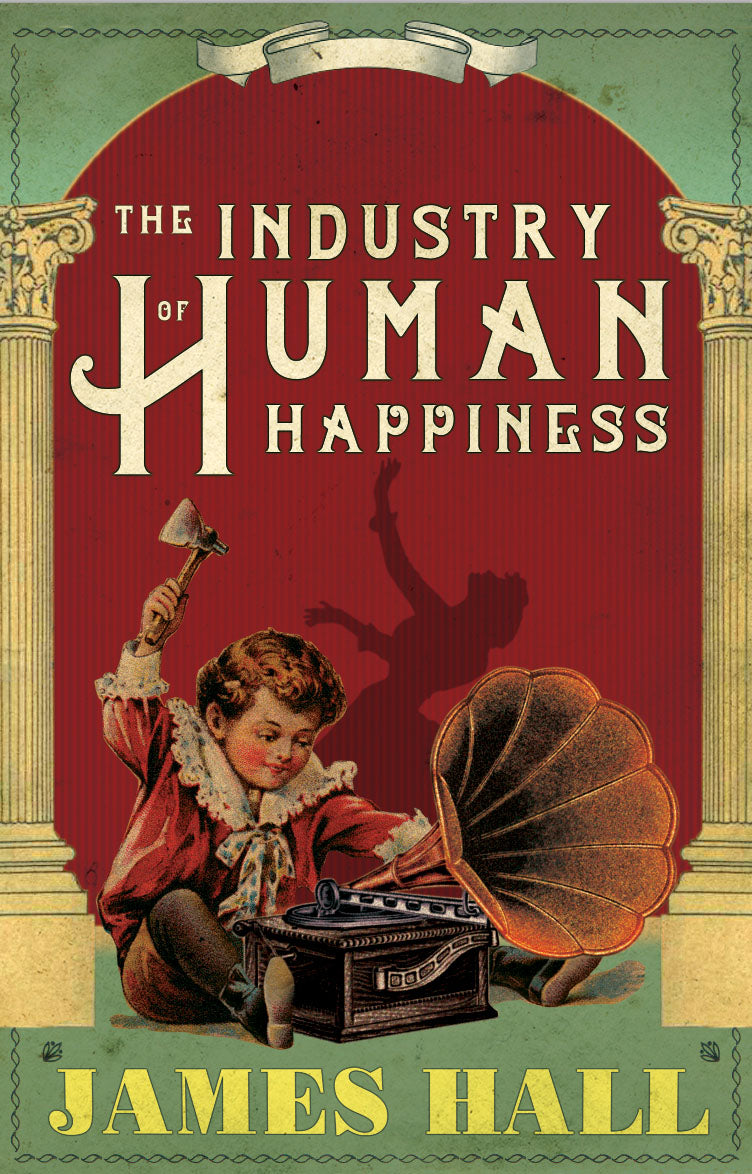Eye Books is a small, independent publisher championing extraordinary stories and overlooked voices since 1996. We publish bold fiction and non-fiction, work closely with our authors, and take pride in bringing unique books to adventurous readers.


‘A stunning debut’ Bryony Gordon
Max and his younger cousin Rusty have a vision of launching the gramophone industry from a Covent Garden basement. But a renowned opera singer is brutally murdered in his hotel bed and they are thrust into the underworld of opium dens, brothels and extortion.
Ghosts from the past and a contested inheritance turn the cousins against each other, and they go head-to-head to launch rival ‘talking machines’. With Max’s sweetheart, the ambitious singer Delilah Green, caught in the middle, the pair battle rival manufacturers, London theatre owners and, ultimately, each other, for their very futures.
This is a story of obsession, the pursuit of love and the enduring magic of music.
‘Absolutely enthralling, The Industry of Human Happiness immerses you in the sights, smells and above all the sounds of 1890s London and beyond, so that you too are walking along the streets; a musical, erudite roller-coaster of a book’ Rosamund Lupton
‘A stunning debut’ Bryony Gordon
‘A fascinating novel set in a fascinating world’ Robert Elms
‘A grim cautionary tale about the dangers of obsession. Hall’s deep understanding and fondness for his subject comes crackling out of every page’ Daily Telegraph
‘A brilliantly pacy, page-turning thriller’ Crime Review
‘It’s full of diverse and delicious pieces of information about recorded sound, and it’s a page-turner. I was absolutely gripped. I can see this as a television series’ Sean Rafferty, BBC Radio 3
UK postage is free if you spend £20 or more
